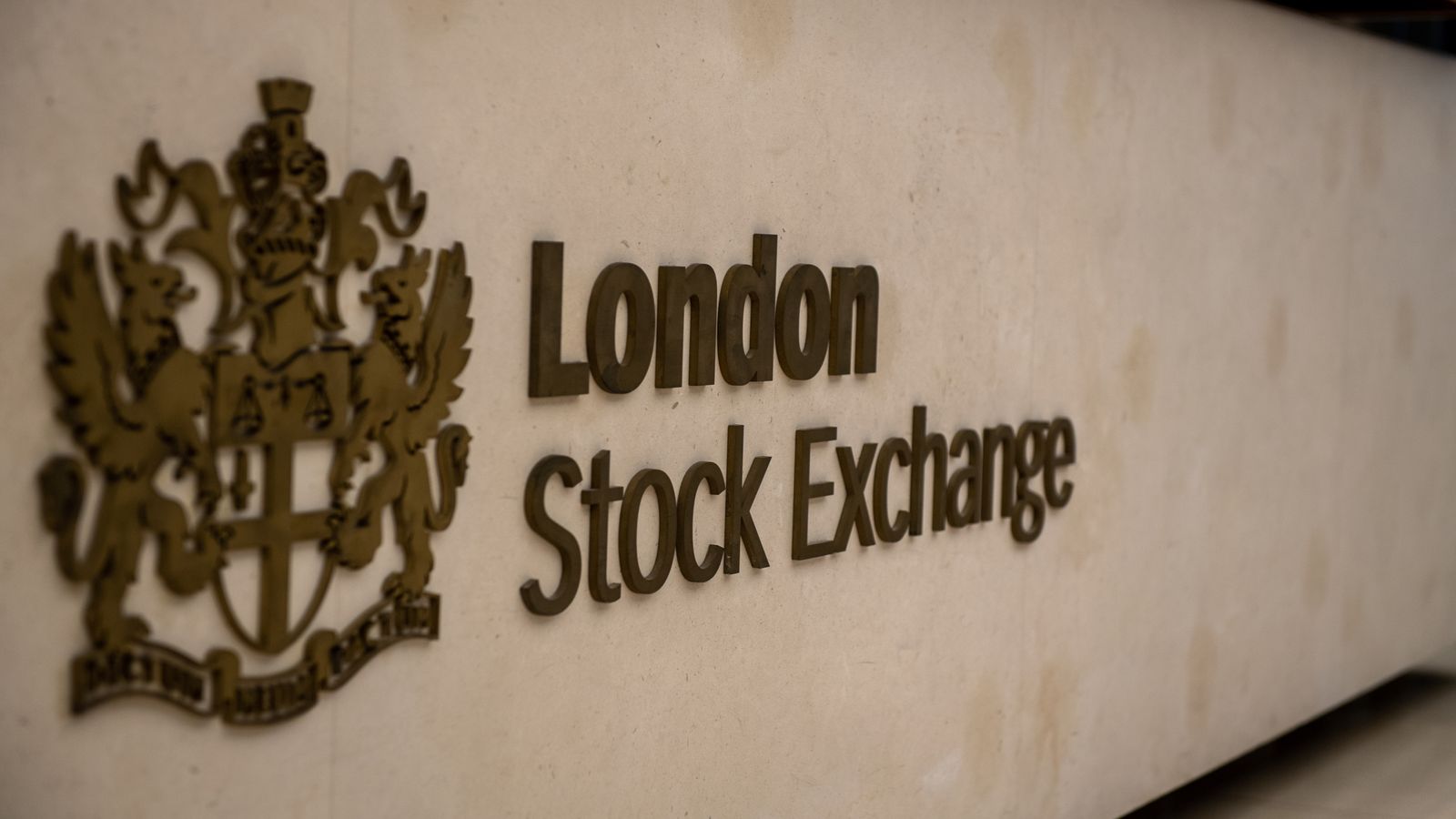Cyber security company Darktrace will on Monday fire the starting gun on a £3bn London flotation – crystallising a stake worth tens of millions of pounds for its 38-year-old chief executive.
Sky News has learnt that Darktrace’s board plans to issue an expected “intention to float” announcement before the stock market opens on Monday morning.
The listing will provide another acid test of investors’ appetite to embrace technology company flotations in London, following the disastrous debut of Deliveroo, the food delivery app, earlier this month.
Darktrace’s float is likely to value the company at between £2.5bn and £3bn, with chief executive Poppy Gustafsson’s shareholding likely to be valued in the region of £20m.
The filing of its registration documents will mean that Darktrace’s shares will begin conditional trading at around the end of this month.
The IPO of Darktrace, which was founded in Cambridge in 2013, is likely to involve the sale of about £250m of new and existing shares in the company, Sky News reported earlier this month.
Darktrace has had a rocky journey towards a public listing, with UBS resigning as one of the sponsors of its IPO amid concerns about the role of Mike Lynch, the billionaire founder of software company Autonomy, who is battling extradition to the US.
Mr Lynch was the first shareholder in Darktrace through his investment vehicle, Invoke Capital.
People close to the situation attributed UBS’s decision, however, to anxiety within the Swiss bank over a Dutch court’s decision that Ralph Hamers, its new chief executive, should face investigation into a money-laundering scandal at ING, his former employer.
Investors are said to have responded positively towards Darktrace after holding initial meetings with the company, and it is now understood to believe it can achieve a valuation of up to £3bn.
The cybersecurity company, which helps clients identify intruders within their computer systems, will, unlike Deliveroo, not have a dual-class share structure – one of the factors cited in investors’ lacklustre reception to Deliveroo.
Darktrace has in recent weeks appointed a number of political and industry veterans to its board, including Lord Willetts, the former science minister, and Sir Peter Bonfield, the former BT Group boss.
Its new chairman, Gordon Hurst, also chairs Featurespace, another Invoke-backed company.
Jefferies is now leading the flotation, with Berenberg and KKR Capital Markets – a division of KKR, the private equity firm which is one of Darktrace’s largest shareholders – also in the equity syndicate.
Some banks had questioned their ability to participate in the Darktrace IPO because Sushovan Hussain, the former Autonomy finance chief and a Darktrace shareholder, was sentenced to five years in a US prison for fraud in May 2019.
Although Invoke remains Darktrace’s biggest shareholder, Mr Lynch has no direct involvement with the running of the company.
Darktrace insiders say they are “proud” of Mr Lynch’s role in helping to build the company and that it was not seeking to distance itself from the entrepreneur.
Mr Lynch stepped down from the Darktrace board in 2018.
Darktrace has established itself as an international leader in the provision of artificial intelligence (AI) cybersecurity services to corporate customers.
Ms Gustafsson is herself a former Autonomy colleague of Mr Lynch and now an adviser to Boris Johnson.
The company recently said it had passed $1bn in “cumulative bookings”, suggesting that its order-book has been substantially boosted by the coronavirus-inspired switch to remote working for millions of employees of multinational companies.
Growing demand for its products has underpinned some of its investors’ appetite to buy more Darktrace stock, with recent cyberattacks on companies such as easyJet and Honda again reinforcing the extent to which the security of multinationals’ networks and data is now a fixture on boardroom agendas.
Darktrace employs 1,500 people, and operates from 44 offices, with dual headquarters in Cambridge and San Francisco.
Its blue-chip corporate customers have included AIG, BT Group, Jimmy Choo, the Science Museum Group and William Hill.
Other British unicorns, including the payments app Wise, are also lining up to float in the wake of a review by the former EU commissioner Lord Hill.
He recommended easing London’s listing rules to encourage more tech companies to go public in the UK.


